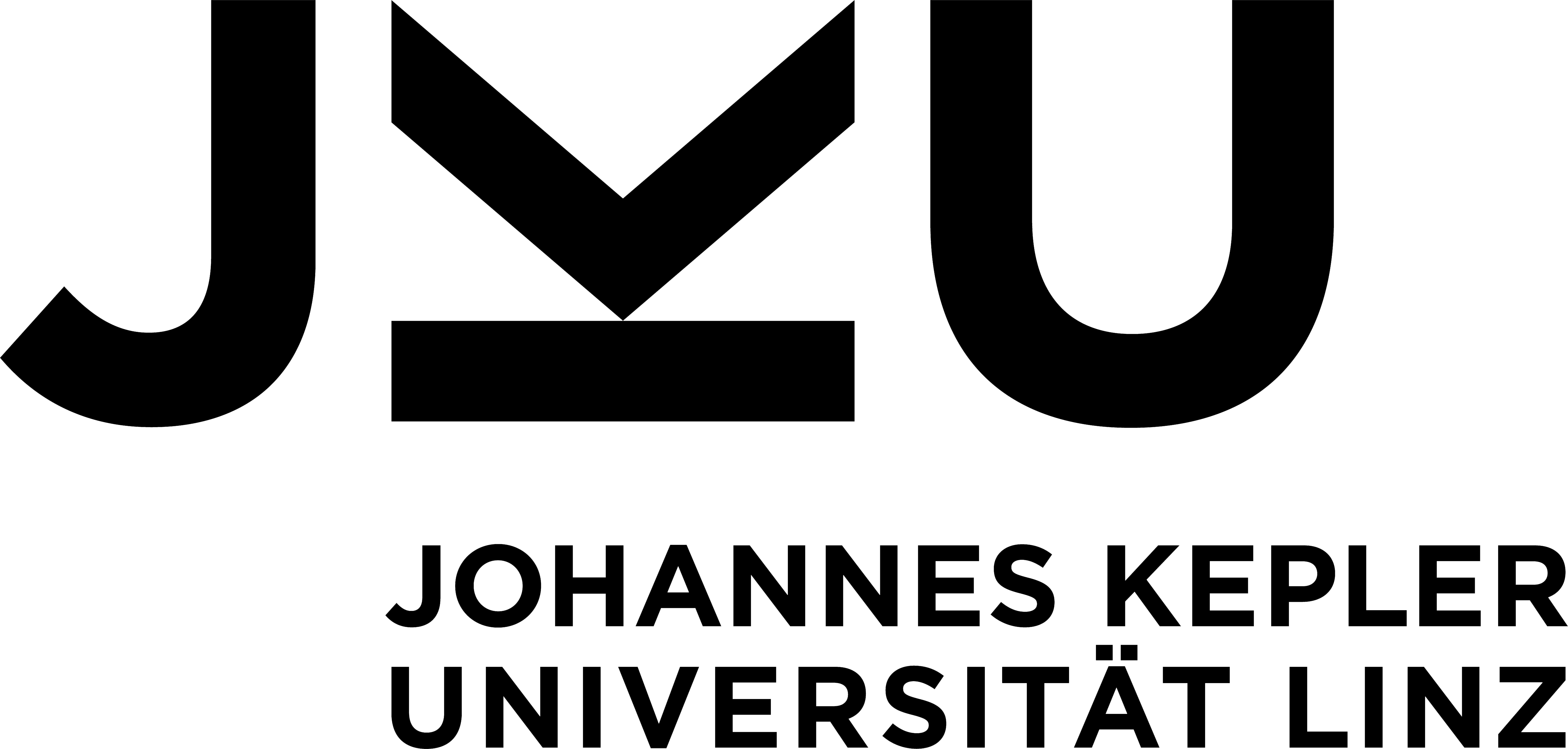Computer Science Colloquium
Prof. Dr. Zhi-Gong Wang
Southeast University Nanjing, China
IC Design for Optic-fiber and Wireless Communication
Fri 22.04.2005, 10:30, 60 minutesHS 17
Abstract
leide keine vorhandenBio
Prof. Dr.-Ing. Zhi-Gong Wang was born in Henan, China, on May 6, 1954. He received the M.-Eng. degree in radio engineering from Nanjing Institute of Technology (now, Southeast University), Nanjing, China, in 1981, and the Dr.-Ing. degree in electronic engineering from Ruhr-University Bochum, Germany, in 1990. From 1977 to 1981, he worked on radio communication techniques and computer aided circuit designs in Nanjing Institute of Technology. During 1982-1984 he worked as a lecturer on semiconductor circuit techniques in Tongji-University, Shanghai. From 1985 to 1990, he worked on high-speed silicon bipolar circuit designs for multigigabit/s optic fiber communication in Ruhr-University Bochum. From Oct. 1990 to Sept. 1997, he has been with Fraunhofer-Institute of Applied Solid State Physics, Freiburg, Germany, working on high-speed GaAs circuit designs. Since Oct. 1997, he is professor of Southeast University, Nanjing, China. He is Senior Member of Chinese Institute of Electrical and Electronical Engineer and IEEE, and Chairman of the Advisory Committee of Electrical and Electronical Basic Courses of Chinese Universities. He is the author or co-author of 7 books and 230 papers, and inventor of 15 patents. Recently, he is involving in IC design for 155 Mb/s to 40 Gb/s optic-fiber transmission systems, for wireless applications and microwave systems. Title: Fabless IC Design for Wireless and Optic-fiber CommunicationsTopics: Wireless and Optic-fiber Communications RFIC and UHSIC Design Trend of IC Technologies Fabless IC Design and Foundry Process Choice Circuit TechniquesDesign Tools MPWƒnƒvMulti-Project Wafer) IC Measurement 8-Year¡¦s Practice of Institute of RF- & OE-ICsInvited by o. Univ.-Prof. Dr. Richard Hagelauer
The Computer Science Colloquium is organized by the Department of Coputer Science at JKU, the Österreichische Gesellschaft für Informatik (ÖGI) and the Österreichische Computergesellschaft (OCG).
